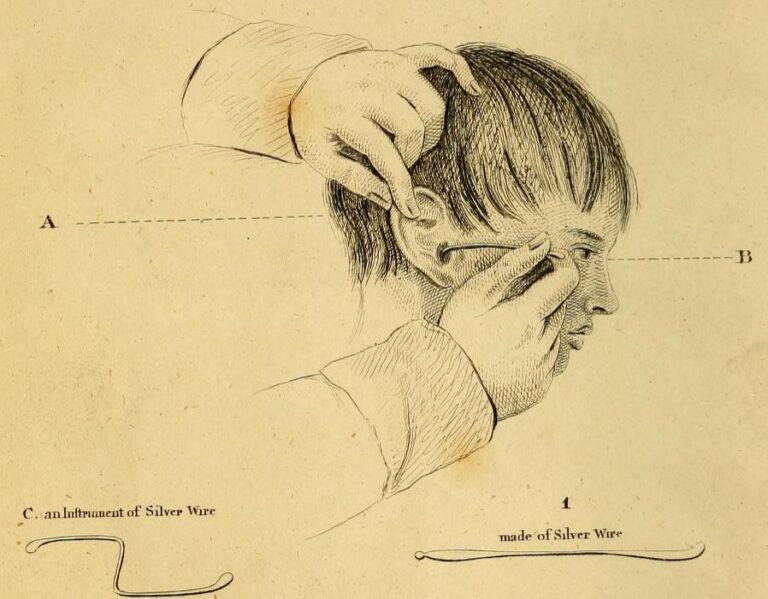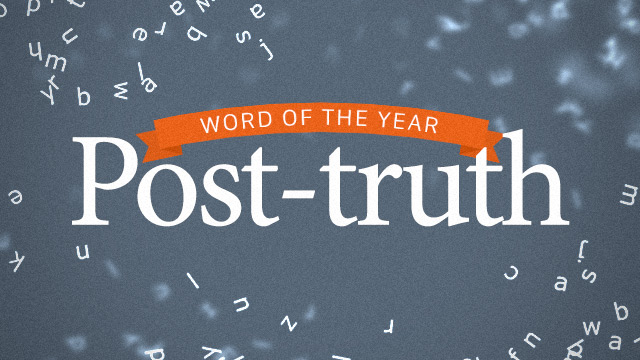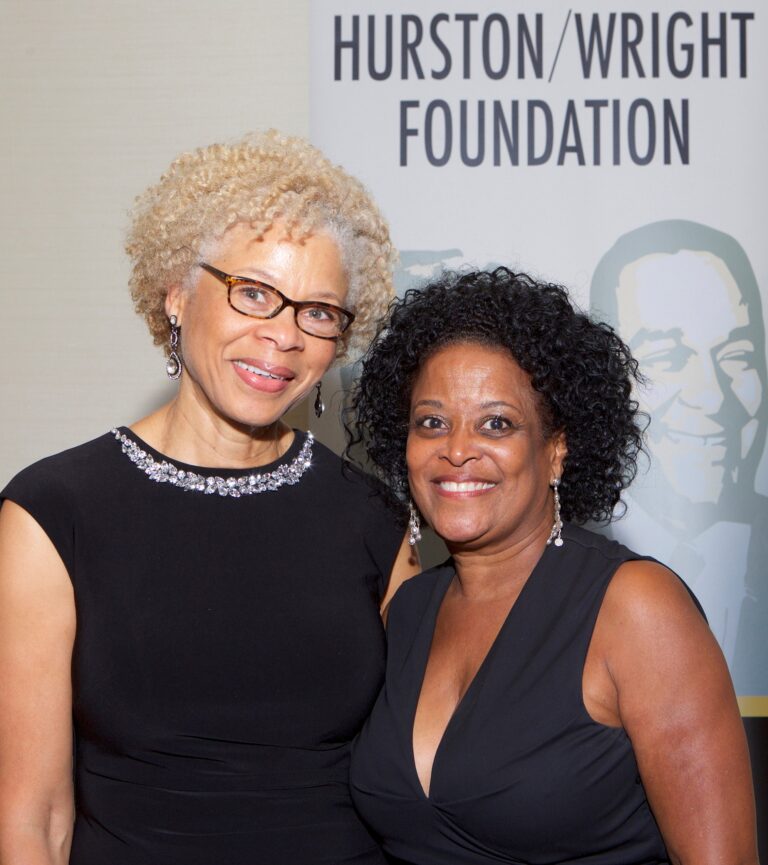The Possibilities of Brooklyn Past
Rarely do an adaptation and its source material mesh so well as they do in Brooklyn—the 2009 novel by former Ploughshares guest editor Colm Tóibín, and the 2015 film by John Crowley.

Rarely do an adaptation and its source material mesh so well as they do in Brooklyn—the 2009 novel by former Ploughshares guest editor Colm Tóibín, and the 2015 film by John Crowley.

Classics such as George Orwell’s 1984 with its now-ubiquitous “Big Brother,” Ray Bradbury’s censorship critique Fahrenheit 451, and Margaret Atwood’s terrifyingly gender-regressive Handmaid’s Tale depict societies strangled by the evil clutches of the government and the populace’s inability to identify and challenge their own manipulation.

For so long, I’ve heard academic poets and readers disparage poems written to be spoken aloud, condemning them as less thoughtful, as noisy and navel-gazey, their craft less delicate and considered.

The humanity of Carmen Tafolla’s poetry collection, Salsa and Sonnets (Wings Press) brings me back to the year I was living in Mexico City when in 2014, forty-three Ayotzinapa students were disappeared and presumably killed.

The Hurston/Wright Foundation was founded in 1990 in Washington, D.C. by award-winning author Marita Golden and bibliophile/cultural historian Clyde McElvene.

From Odysseus’s faithful Argos to White Fang to Phyllis Reynolds Naylor’s Shiloh, dogs have occupied the centers and peripheries of human stories since we began telling them. It’s no wonder; dogs were first domesticated by hunter-gatherers (not, as many believe, by agriculturalists) over 15,000 years ago, the first species to live among and alongside people.

“I was a house. / I was a witch” declares the middle stanza of Muriel Leung’s “A House Fell Down on All of Us” from the newest issue of DRUNKEN BOAT. This poem, in my reading, functions to present intermingling transformations that perform whatever an opposite of distillation forecloses.

My Twitter timeline is big on one meme these days: me then, me now. Sometimes it’s “me in 2006, me in 2016,” but mostly it’s “me at the beginning of 2016, me at the end.”

I could spin many narratives for why I wanted this series. Instead I’ll be honest with you: it was mostly for my own sanity. Maybe you’ve got a better handle on this than I do, but my way of engaging with our daily media does not feel particularly healthy, or intentional, or useful.
No products in the cart.